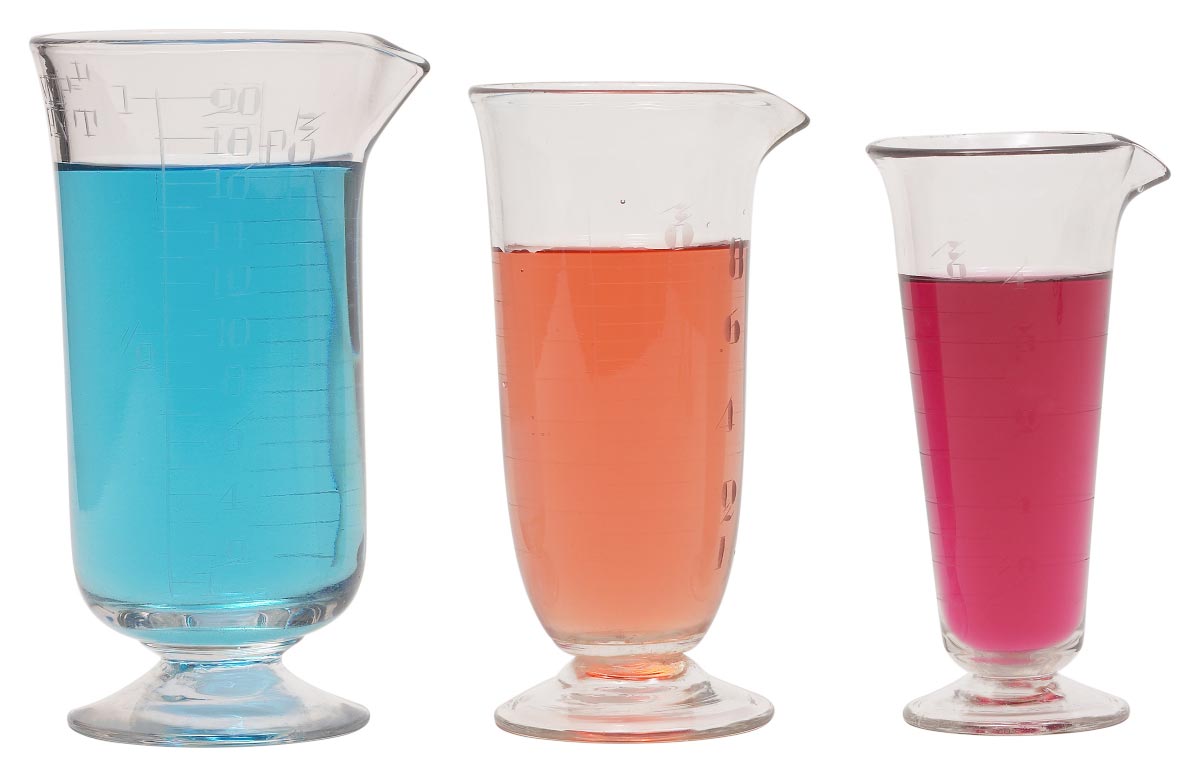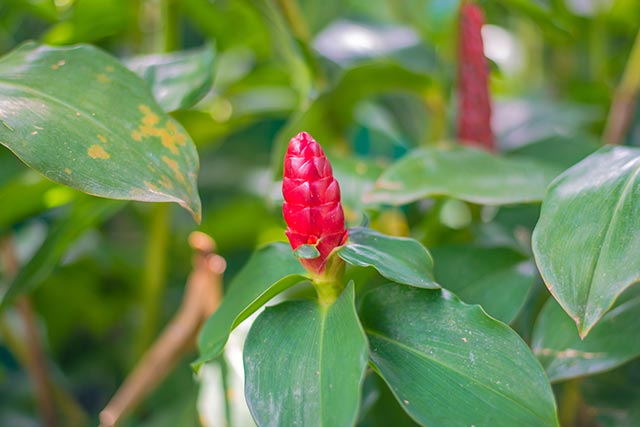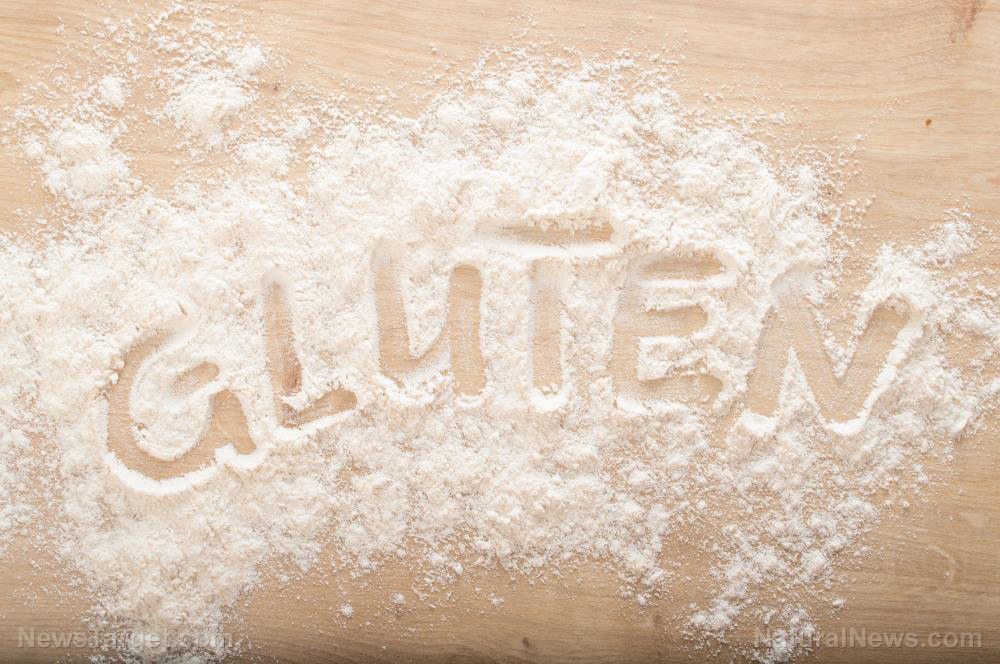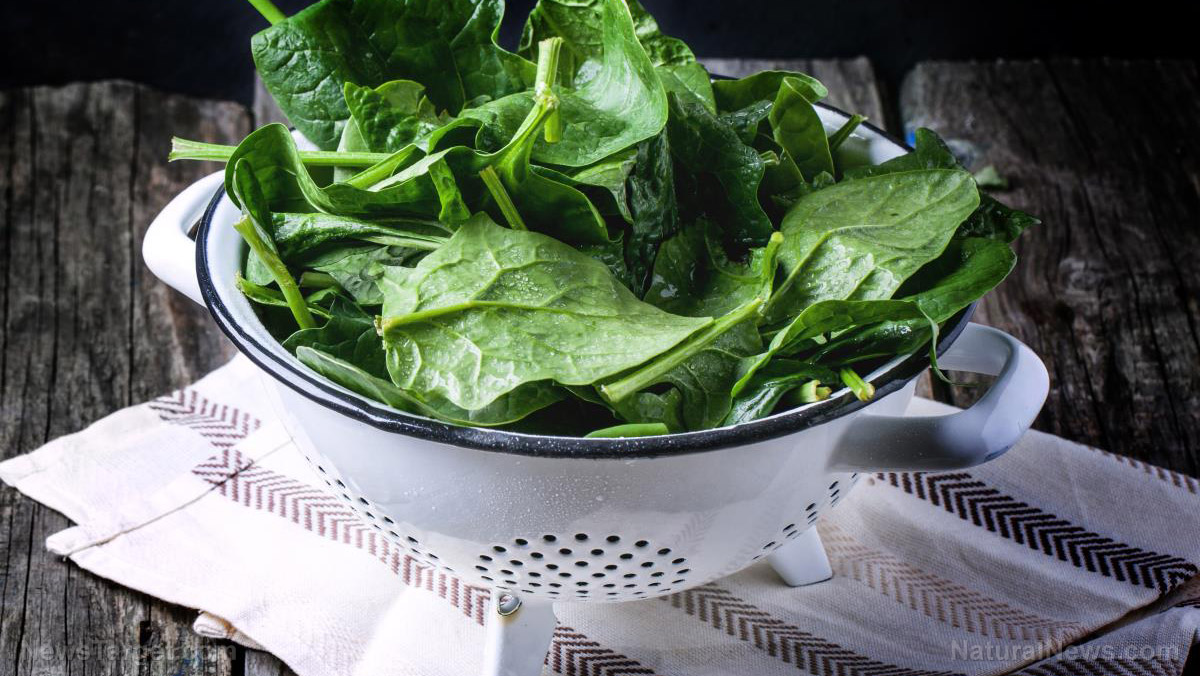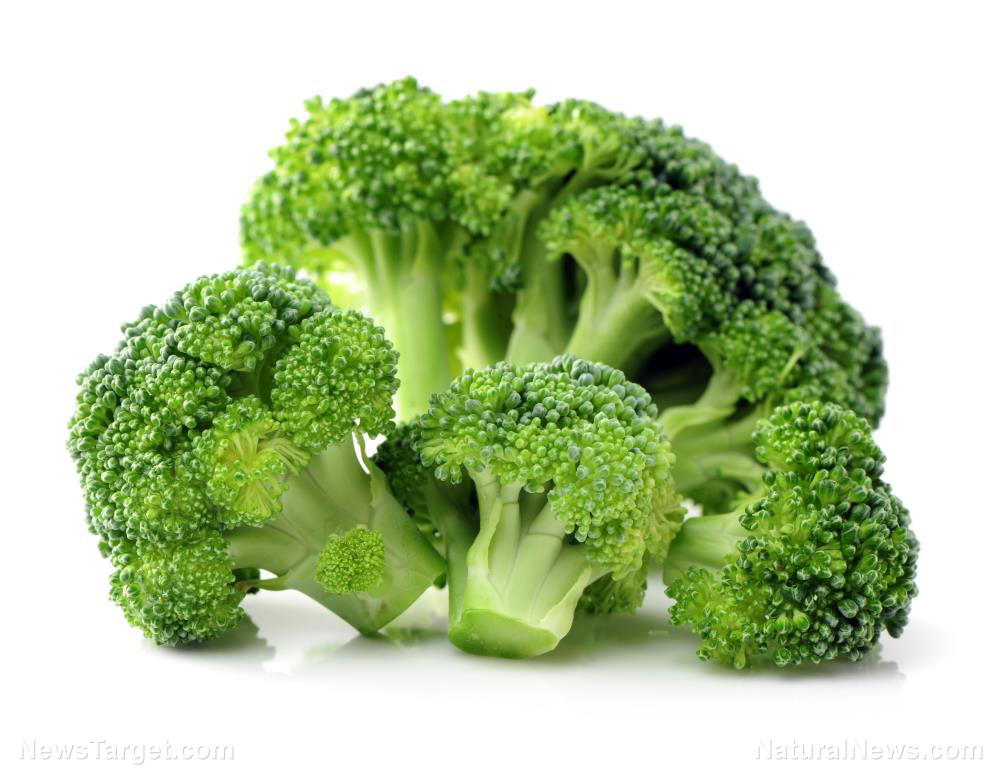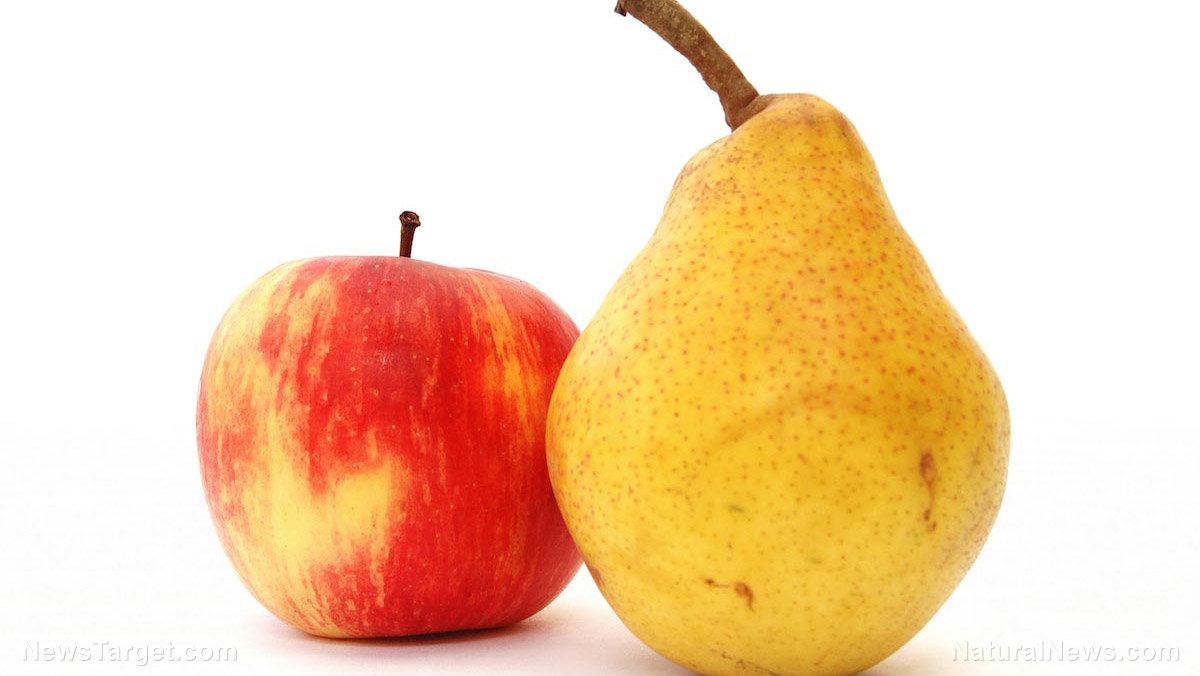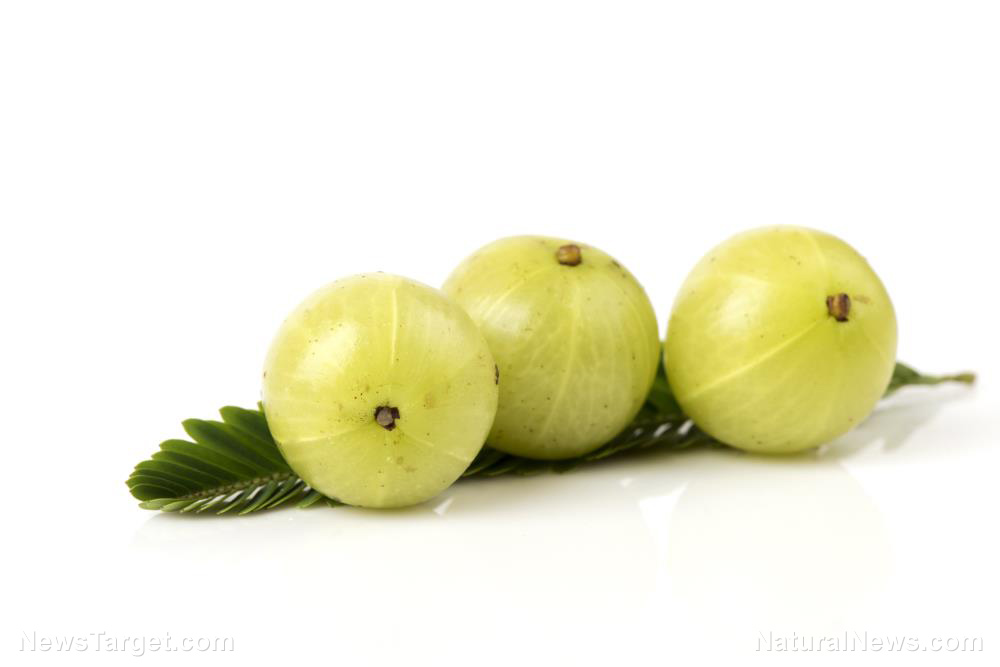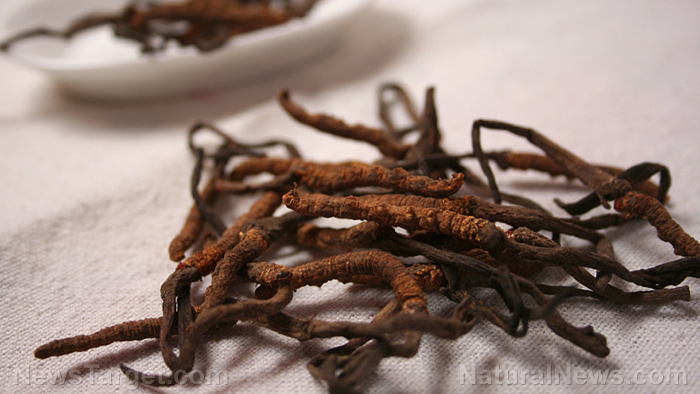Pu-erh tea might be your liver’s new best friend: It can prevent fatty liver and protect from oxidative stress
04/22/2019 / By Michelle Simmons

Looking for more ways to protect your liver from diseases? Try drinking Pu-erh tea, also known as China’s fermented tea. In a study, this tea was found to contain powerful antioxidants and glucose-regulating compounds that help prevent fatty liver disease and other diseases associated with oxidative stress.
Pu-erh tea is used in traditional medicine and has been proven by previous studies for its ability to prevent diabetes, oxidation, obesity, and atherosclerosis. However, its effect on oxidative stress of the liver has not yet been fully understood. Researchers from Tianjin University of Commerce, with support from the Yunnan Tasly Deepure Biological Tea Group Company Limited, looked at the liver protective and antioxidant effects of Pu-erh tea.
For this purpose, they studied five groups of rats. One group served as the normal-fed control group, another group served as the high-fat fed control group, and the three remaining groups were fed with a high-fat diet and treated with different doses of Pu-erh tea extracts. Throughout the study, which lasted for 12 weeks, the researchers measured the body weight of the animals every day and measured various parameters for liver health and oxidative stress.
The results showed that the treatment with Pu-erh tea extracts prevented increases in body weight and fat, reduced oxidative stress in the liver and inhibited lipid peroxidation. In addition, Pu-erh tea extracts also regulated the blood sugar levels of the rats, which improved insulin resistance, increased the sensitivity of insulin, and promoted the synthesis and decomposition of glucose. These effects, overall, helped prevent fatty liver disease.
From these findings, the researchers concluded that Pu-erh tea can be used to naturally prevent fatty liver disease and other diseases associated with oxidative stress like diabetes. The findings of the study were published in the journal Food Science and Human Wellness.
More reasons to drink Pu-erh tea
In addition to its antioxidant and liver-protective effects, there are more health benefits you can get from drinking this fermented tea.
- It has antibacterial effects: Pu-erh tea has antibacterial properties that protect the body from harmful bacteria like E.coli. In addition, you can apply it on your skin as a treatment for mild bacteria-driven skin problems like acne.
- It fights inflammation: This tea can also help fight inflammation to reduce swelling, redness, and other forms of irritation. It can also relieve pain caused by inflammatory-related conditions like arthritis. You can drink Pu-erh tea or apply it topically to get its anti-inflammatory benefit.
- It supports skin health: Pu-erh tea can also help protect the skin from damage caused by the sun. To maximize its benefits, drink a cup of Pu-erh tea or use it to make a facial toner or spray.
- It helps detoxify the body: This fermented tea can also get rid of toxins from the body, such as those that contribute to weight gain.
- It aids in digestion: For better digestion, drink a cup of Pu-erh tea. This helps balance bacteria in the stomach and intestines and helps the body digest food properly.
- It helps reduce stress: Pu-erh tea contains gamma-aminobutyric acid (GABA) which can reduce anxiety levels. Drinking at least a cup can help reduce your stress.
- It promotes better sleep: Because of its calming and stress-reducing effects, Pu-erh tea may be an ideal tea to drink to help you sleep at night. In addition, it promotes the production of melatonin, which can help improve your sleep quality.
- It lowers cholesterol: Pu-erh tea can also help reduce high cholesterol levels and improve your overall cardiovascular health. (Related: Pu-erh Tea is a Chinese Cholesterol Remedy and Overall Health Tonic.)
Learn more ways on how to protect your liver from oxidative stress and damage by visiting LiverDamage.news.
Sources include:
Tagged Under: antioxidants, fatty liver, fermented tea, food is medicine, food science, foodcures, hepatoprotective effect, herbal medicine, Herbs, Liver, liver diseases, natural cures, natural medicine, oxidative stress, prevention, Pu-erh tea, research, tea

